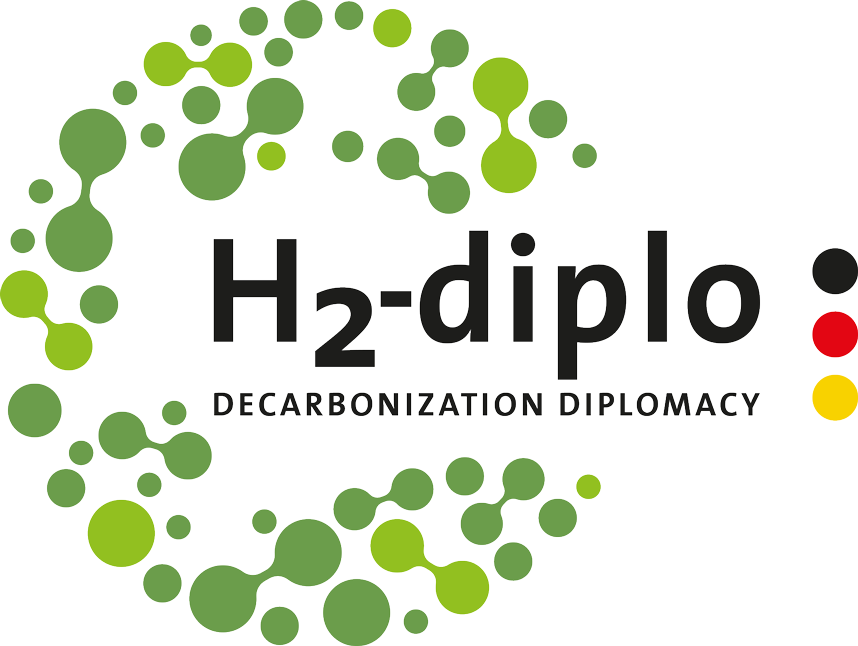As part of activities for a national hydrogen policy framework development, the German-Nigerian Hydrogen Office recently commissioned a study on the “Comparative Analysis of Global Hydrogen Policies and Strategies with Recommendations for Nigeria: Focusing on Green Hydrogen Regulation, Value Chain Development, and Power-to-X”.
The study is an overview of hydrogen policies/strategies around the world with specific interest in Germany as a case study. The document also provides a comparative analysis how these countries regulate green H2 along its value chain and what Nigeria can adopt from them (e.g., identification of the responsible institutions; policies/laws in which H2 production and regulation is anchored in listed countries; ongoing legislative adjustments as well as remaining gaps). The overview focuses on 6 countries, one each from Africa, Europe, America, Asia/Middle East, and Germany.
The study is available here.
For more news about the H2-diplo activities, follow us on LinkedIn: H2-diplo – Decarbonization Diplomacy | LinkedIn

